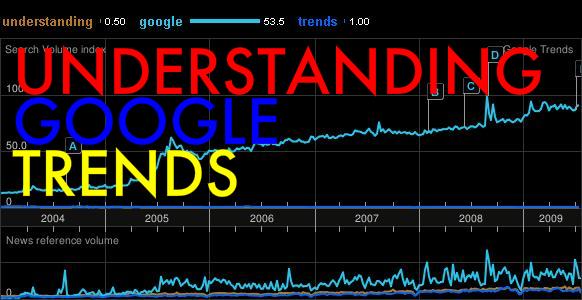So I tried this before with the word 'school' on Google Trends, but you don't get the cool maps. So I tried it again. This is the word 'newspaper' in English, Spanish, French, Arabic and Russian: five languages that to me seemed sufficiently multinational. The resulting maps do, to a limited extent, show the parts of the world where those languages are spoken, though of course 'journal' is a problem, being also an English word. Nonetheless, here you are:

There's the English-speaking world, more or less. Interesting how the UK, the USA, Canada, South Africa and Australia don't even show up in the top ten, which, apart from Bangladesh, is dominated by African countries. In so many searches do I see that cool swath across anglophone Africa from Namibia to Kenya.
How the Spanish-speaking world is dominated by South America... from Argentina on down, it's pretty much all Latin America save Spain itself. I didn't bother to check whether 'diario' is also Portuguese, but I guess it is since the only hues of colour in Africa are in Angola and Mozambique, two Lusophonic parts of Africa.
I didn't think the French one would work, what with 'journal' being a common word in English too. When at first you see all that dark yellow in French West Africa, it seems good. Yet Iran, India and especially Burma are tough to reconcile, and I have no idea why Canada and the USA should be the exact same colour here.
The Arabic one is as interesting for its gaps as for its greens. Yep, that's certainly the Arabic-speaking word. But note for example Iraq's absence. Or how Yemen is much greener than Oman. or, most strikingly, how the Sudan is darkest where its neighbour Egypt is as pale as the USA. Interesting also how Moroccan, Algerians and Tunisians clearly prefer to find their news in French. Of course I know how variant a language Arabic is. It could be that that far west they use a different word.
In the end perhaps the most interesting map in that it shows just how much the effects of previous union linger. In the case of the Ukraine and Belarus, it might be that the local word for 'newspaper' is the same as the standard Russian. But that doesn't go far to explain central Asia and the Caucasus, where people seem more inclined to search in Russian than in their own languages.









No comments:
Post a Comment